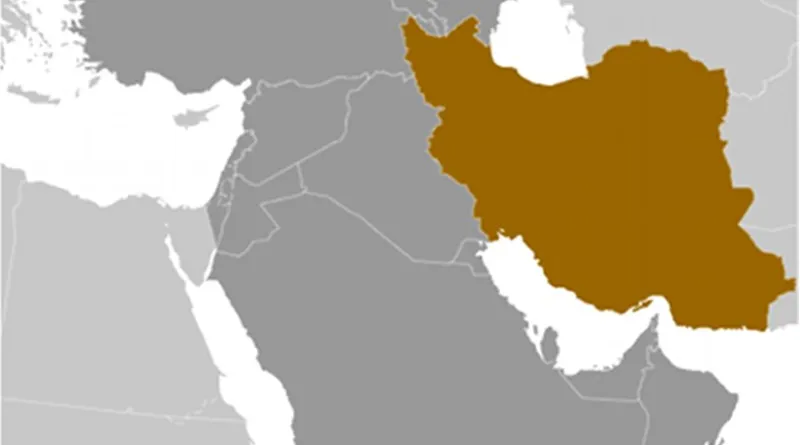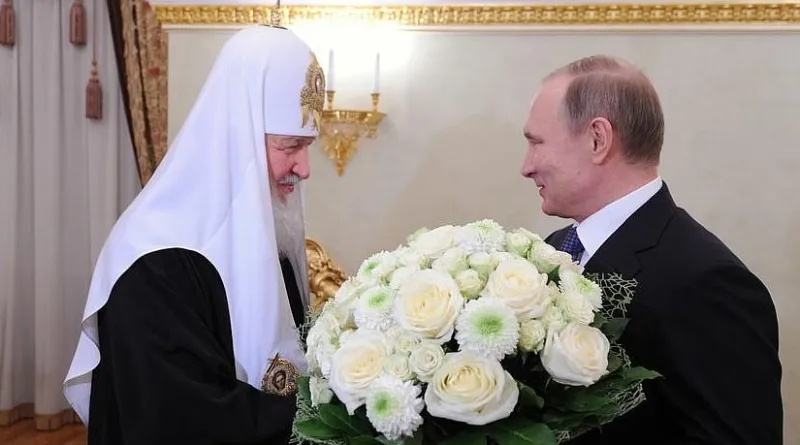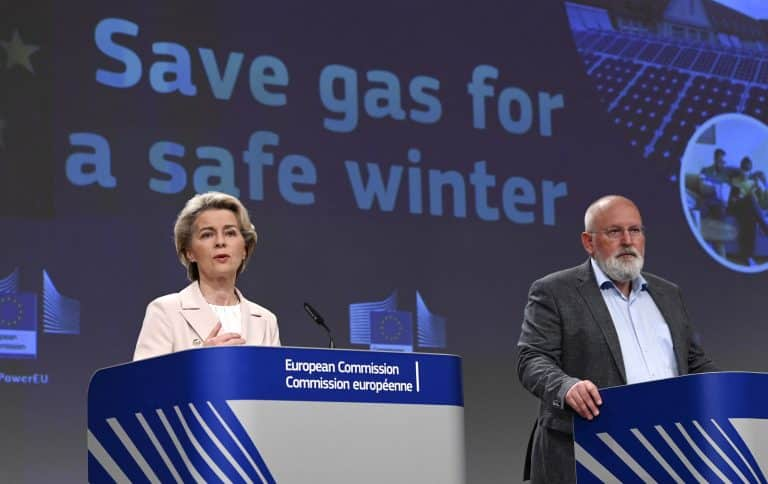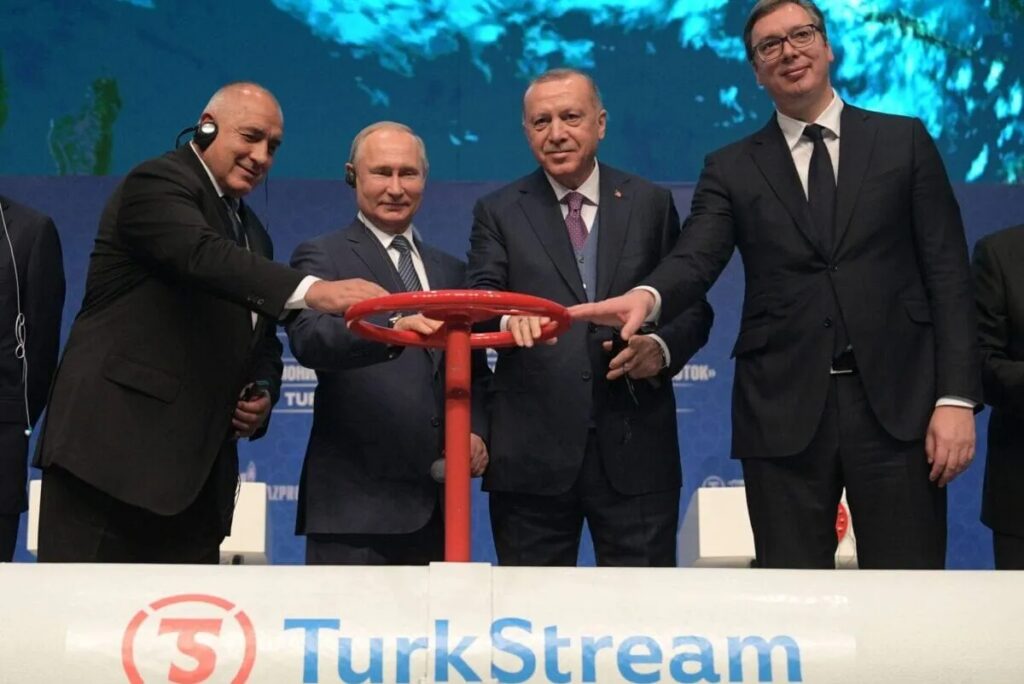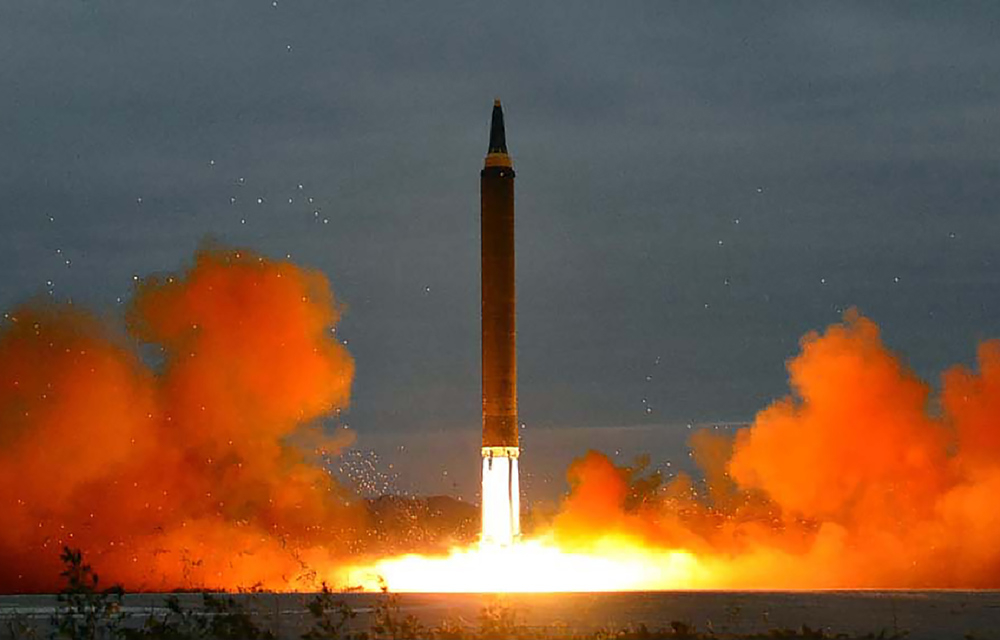An Exit Strategy for Syria
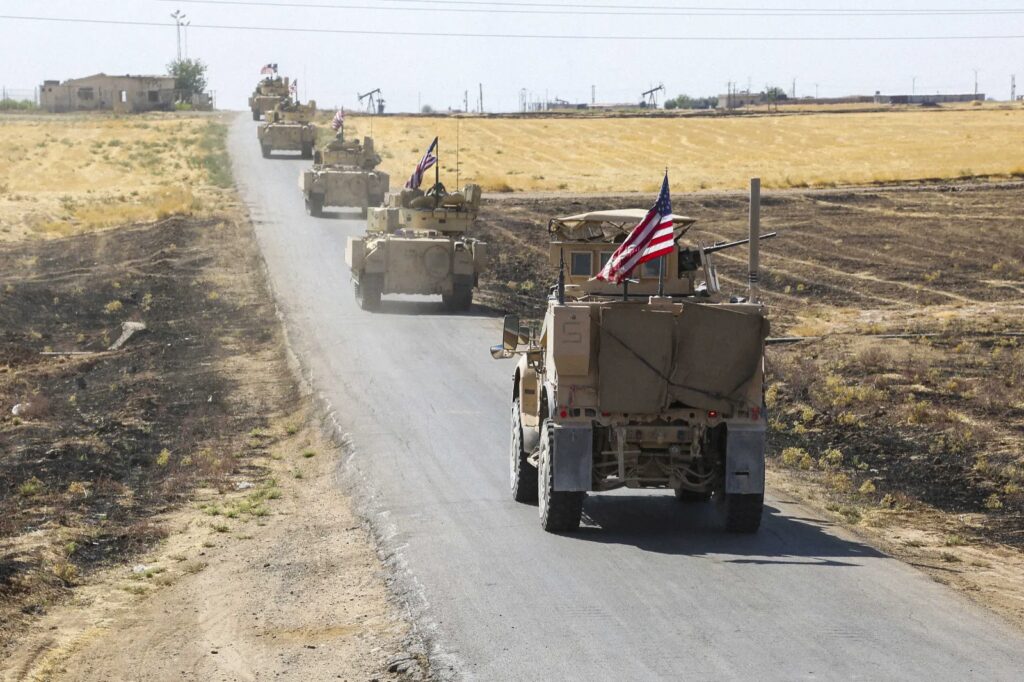
The Case for Withdrawing U.S. Troops
When U.S. President Joe Biden took office, U.S. Syria policy was detached from reality. The Biden administration decided to recalibrate U.S. goals, eliminating both the legally precarious notion of securing Syrian oil facilities and the impractical desire to oust all Iranian forces from a country that has long-standing ties with Iran. The Biden team decided it was time to refocus U.S. efforts on the original mission: the defeat of the Islamic State (also known as ISIS). The president’s team signaled, first privately with a high-level delegation to Syria in May 2021 and then publicly with off-the-record statements to the press in July 2021, that the United States would maintain a limited military presence of approximately 900 troops in Syria and resume providing targeted stabilization assistance to restore essential services, such as water and electricity, in areas controlled by U.S.-backed forces. The plan was to do this until conditions became more favorable for a negotiated political settlement to the Syrian civil war.


